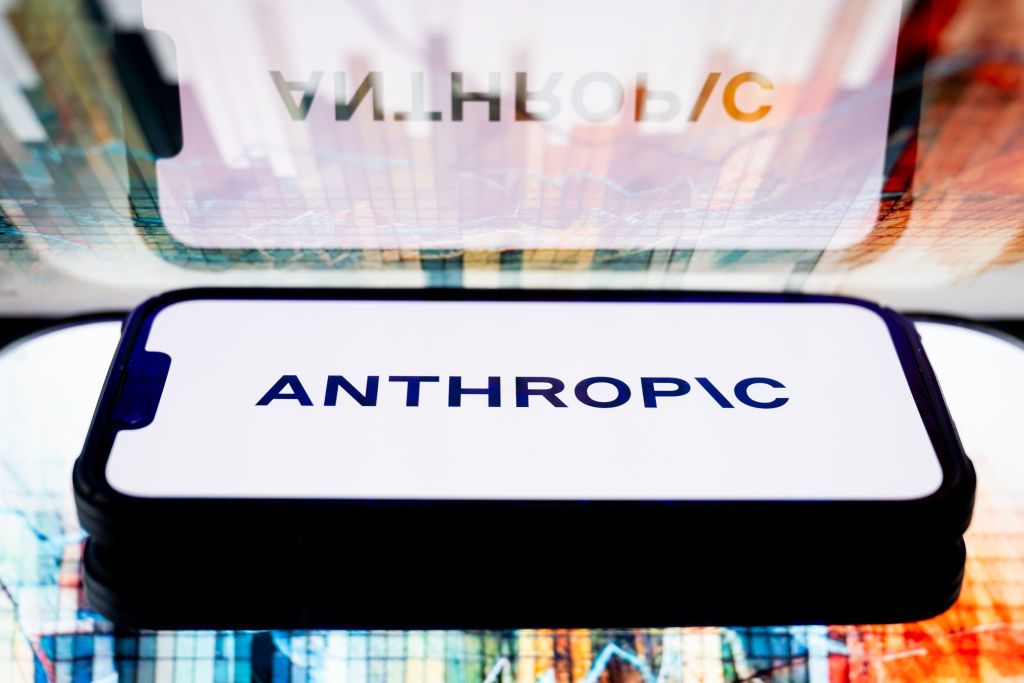Unpacking AI Agents
Artificial Intelligence (AI) agents are becoming increasingly popular in various industries due to their ability to perform tasks that were once thought to be only possible by humans.
These AI agents are designed using machine learning algorithms that enable them to learn from data, identify patterns, and make decisions without human intervention.
Some common examples of AI agents include chatbots, virtual assistants, recommendation systems, and autonomous vehicles.
These agents are designed to mimic human behavior in order to provide a seamless and efficient user experience.
As AI technology continues to advance, the potential applications for AI agents are endless, from improving customer service to enhancing productivity in the workplace.
However, there are also ethical considerations to take into account when creating AI agents, such as bias in data sets and the impact on job displacement.
Despite these challenges, the benefits of AI agents are clear, as they have the potential to revolutionize industries and improve the quality of our daily lives.
It is important for businesses and organizations to carefully consider the implications of deploying AI agents and ensure that they are used responsibly and ethically.
Ultimately, unpacking AI agents involves understanding how they work, their capabilities, and their potential impact on society.
With proper oversight and regulation, AI agents have the power to shape the future in ways we have yet to imagine.





More Stories
The Definitive Story of Tesla Takedown
Elon Musk’s Lawyers Claim He ‘Does Not Use a Computer’
Anthropic Scores a Landmark AI Copyright Win—but Will Face Trial Over Piracy Claims